If you've been considering a home improvement project, you're probably aware that there is a long list of contractors to choose from - some large, some small, some which are large companies, and others which are family businesses. And unfortunately we have to add to those categories, 'some which are scam artists.' Since exterior home improvement is our family's business (and it has been for three decades), we're almost ashamed to admit that there are those in our industry who are simply out to make fast buck, with no regard for quality craftsmanship or customer care.
Home improvement fraud has become almost epidemic, and it's near the top of the list for the Better Business Bureau in terms of fraud and scams which they monitor. That means a lot of homeowners have become victims of these unscrupulous people. Taking care of our customers and ensuring their satisfaction is our #1 priority. We're concerned when we hear about home improvement scams and fraud, and we wanted to address this for those of you who read our blog. Here are some things you can keep in mind to prevent being a victim of a home improvement scam or fraudulent scheme.
- Be wary of any contractor who requests a substantial amount of money up front. It's customary for remodelers to ask for a down payment, but it's usually somewhere between 10-25%. Depending on the size of the project, your contract may specify other draws prior to completion, but you should NEVER pay in full until the work is completed - to your satisfaction.
- Take a step back from any contractor who appears too eager to become your new best friend. Remember, this is a business relationship and not an emotional involvement.
- Ask for proof of insurance, and then forward it to your homeowner's insurance agent for review. You want to make sure the coverage is adequate and that there are no gaps between your policy and the contractor's.
- Scams and fraud are prevalent following severe storms such as tornadoes and heavy hail. If your project is an insurance claim repair, a red flag should go up for you if the contractor offers to fill out your claim forms for you. While many reputable storm damage repair contractors will work with insurance adjusters on behalf of their clients, it's up to you to complete the forms. And make sure the check is payable to you, not the contractor.
- Reference scams are also cropping up. Most people ask for references these days, so be sure to actually check them out. Don't rely on a phone call - the contractor could have people set up to give references. Ask for at least three references of homeowners who have had projects done similar to what you're planning. Then ask if you can come by and see the work that was done.
- Insist on a detailed, written contract - signed by both you and the contractor.
- Beware of contractors who make "cold calls" -storm chasers are common.
- Most of all, take your time and check the contractor out. The Better Business Bureau, the State Dept. of Labor and Industry (general contractors must be licensed for residential work in Minnesota), and industry associations they claim to belong to are good places to start.
Subscribe to Quarve Contracting's Blog


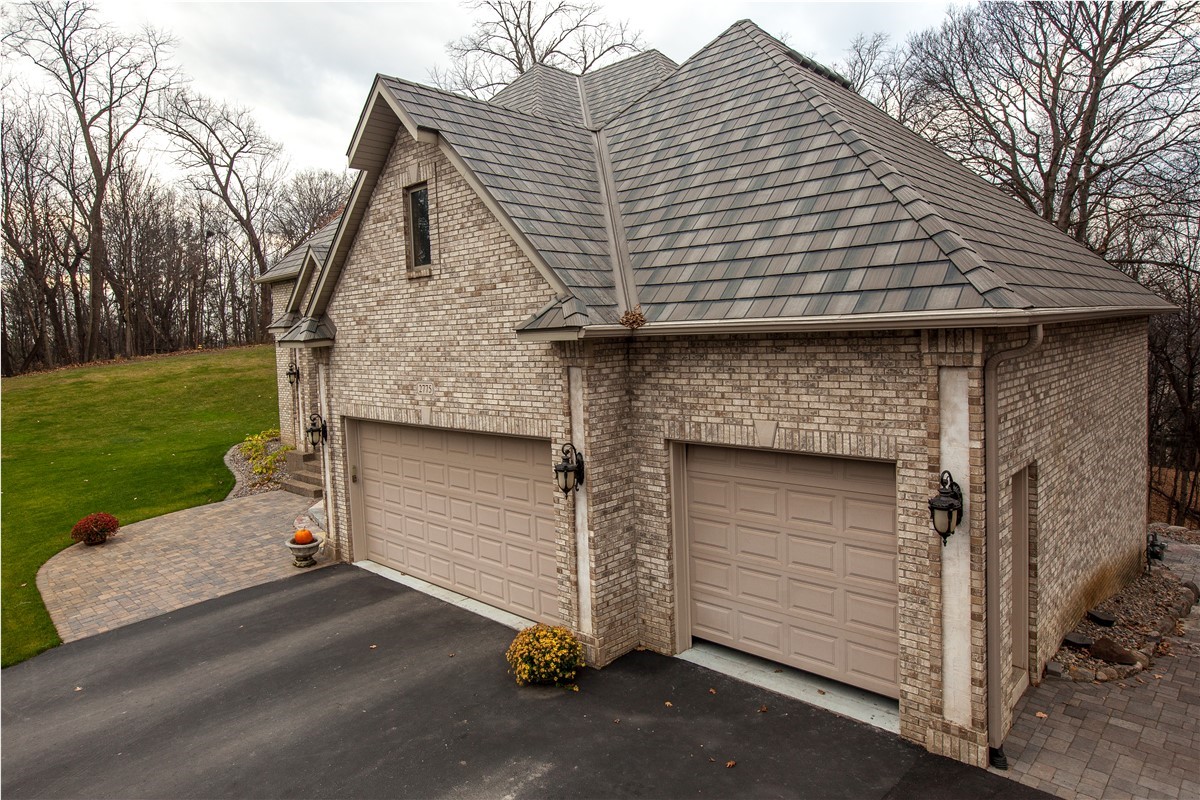
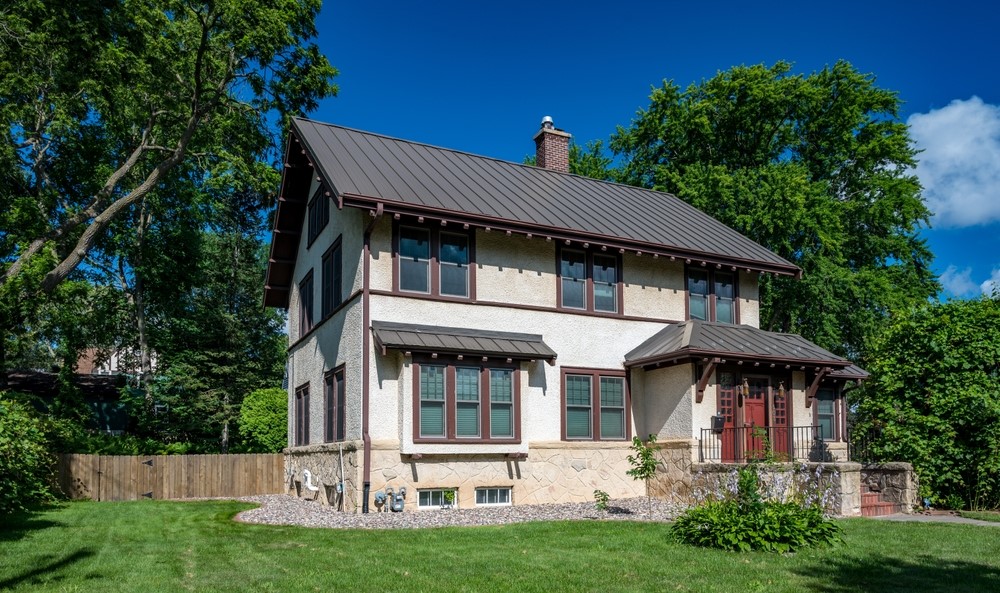
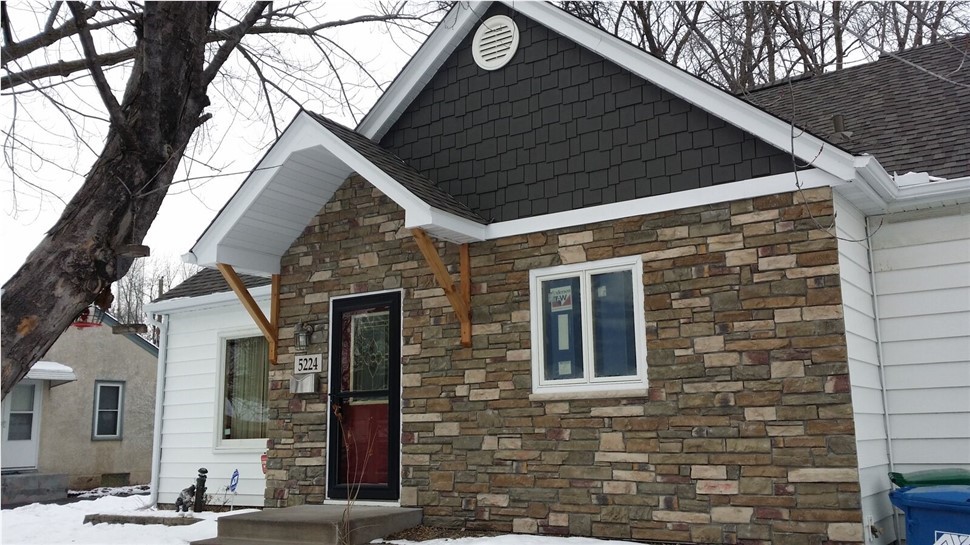
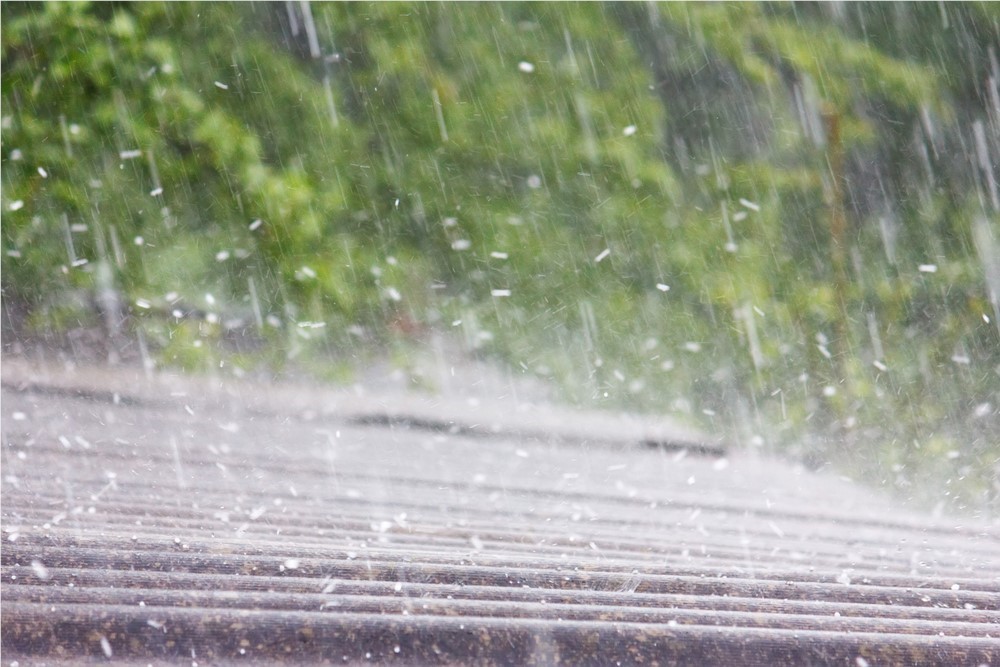
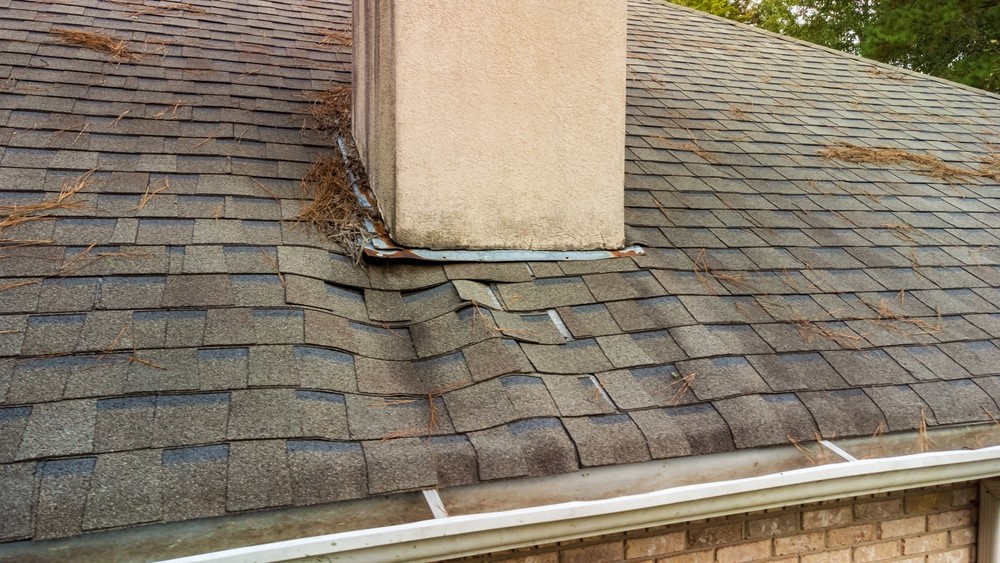
Comments